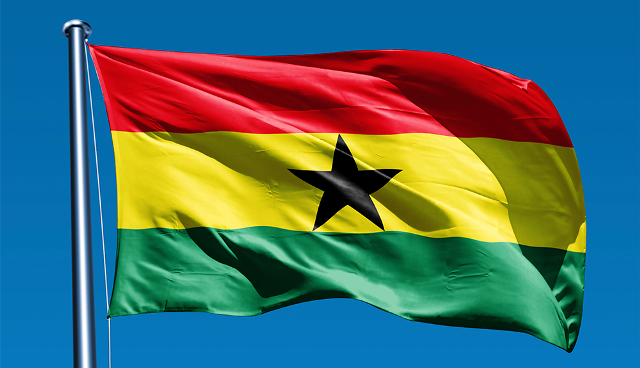
Ghana has been elected to Chair the Network of African Cyber Security Authorities with Morocco being the Vice-Chair.
The Network aims to improve cybersecurity maturity on the continent and kick start efforts to increase African cybersecurity authorities from the current 17 to all African countries.
The election was conducted at the Executive Training On Cybersecurity and the Official launch of Network Of African Cyber Security Authorities (NACSA) by Smart Africa in Accra.
The platform will aim to facilitate close cooperation between the cybersecurity agencies and support ongoing initiatives for a secure cyberspace in Africa and position Africa on the global cybersecurity stage through a well-coordinated, strong, credible, and collective approach.
It will also provide a platform for knowledge exchange, harmonization of policies and regulations and coordination between members.
The training formed part of the Global Conference on Cyber Capacity Building Conference (GC3B) to be hosted by Ghana from November 29 to November 30, 2023.
The overall objective is to capacitate high level executives from the African Regulatory authorities on Cybersecurity issues that limit the continent from realizing the core benefits of a Digital Economy.
The training, which is meant for regulators, aims to provide the skills needed to understand the process of developing and implementing topics like Cybersecurity laws, standards, and regulations (international and regional).
Others are investment in cybersecurity capacity development and allocation of funds, Cybersecurity national coordination mechanisms, partnerships, intelligence sharing and Cyber-diplomacy and norms
Dr. Albert Antwi-Boasiako, The Director-General of the Cyber Security Authority’s (CSA), said from October 2019 to October 2023, cybercrime/cybersecurity incident reporting points of contact (PoC) has received a total of 44,316 contacts.
He said 3,845, representing nine per cent, were categorised as actual cyber related incidents and 40,471 were categorised as direct advisories.
The Director-General said these direct advisories were issued to citizens that reach out to the CSA to fact check information they come across online and perform due diligence before taking certain actions online.
“Top reported incident categories during the period include Online Fraud (45 per cent) which includes shopping fraud, investment scams, job recruitment fraud, romance scams among others,” he added.
He said online Blackmail (13 per cent), unauthorised access (11 per cent), information disclosure (nine per cent), Cyber Bullying (eight per cent) dominated by online loan applications and online impersonation (eight per cent).
“The analytics from our CERT also indicate a direct financial loss of GHS 57.9 million (approximately US$ 5 million) between January and October 2023,” he said.
The Director-General said it was encouraging to note that several initiatives were being implemented to mitigate the cyberthreats and strengthen cybersecurity on the continent.
Dr Antwi-Boasiako said to address the challenges posed by the misuse of digital technology, the African Union’s 23rd Assembly of Heads of State and Government in 2014 adopted the Convention on Cyber Security and Personal Data Protection, also known as the Malabo Convention.
He said this had called for a concerted and collaborative effort in building capacity in cybersecurity and this would provide the relevant agencies in each nation with the tools to effectively combat the increasingly transnational nature of cyber threats.
The Director-General commended the leadership of Smart Africa for taking the initiative to establish the Network which would serve as the platform to integrate national efforts into a holistic and formidable action towards securing the digital transformation of the continent.
Mr Didier Nkurikiyimfura, Chief Strategy and Growth Officer, Smart Africa said training was organised under the auspices of the Smart Africa Digital Academy in collaboration with Africa Digital Academy.
He said Cybersecurity was a critical and a transversal component of Africa’s digital transformation agenda and as a result, Smart Africa, together with its key stakeholders developed a continental cybersecurity blueprint that has since been validated and presented to their Steering Committee.
He said one of the recommendations that came from the in-depth consultations during the development of the blueprint was the need to establish an independent network of African
cybersecurity authorities for better collaboration and coordination on cybersecurity development.
“We analyzed the African cybersecurity landscape and discovered that there are 43 African countries that have cybersecurity legislation but only 17 countries have so far established national cybersecurity authorities,” he said.
He said there was the need to ensure proper resourcing for domestic cybersecurity frameworks and authorities to support ongoing initiatives for trusted and secure digital transformation in Africa.
Source: GNA























